June 8, 2020
JOINT STATEMENT
[Eugene, Oregon] —
The National Wildlife Rehabilitators Association (NWRA) and The International Wildlife Rehabilitation Council (IWRC) find that taxa-specific protocols, based on scientific evidence and region-specific risk assessments, should serve as the basis for an informed approach to managing the risk of disease spread and for formulating any restrictions on wildlife rehabilitation.
“Wildlife rehabilitation plays an important role in managing human-wildlife interactions. This management, which includes appropriate human and animal health monitoring, becomes more important during a global pandemic like COVID-19” states IWRC executive director Kai Williams.
The IWRC and NWRA are international not-for-profit organizations based in the United States, with memberships extending to Canada, Mexico, Central and South America, United Kingdom, Europe, Australia, New Zealand, Japan, and India. Our 2,000+ members include wildlife veterinarians and rehabilitators, wildlife biologists, animal behaviorists, government officials, and academicians from institutions across the world. Our members provide expertise in wildlife conservation and welfare, often at the forefront of where humans and wild animals interact.
POSITION STATEMENT
COVID-19 Considerations for Wildlife Rehabilitation
-###-
Media Contacts:
Kai Williams, Executive Director, The IWRC Office: (866) 871-1869 x1 Email: director@theiwrc.org
Lisa Smith, President, NWRA Email: president@nwrawildlife.org
The International Wildlife Rehabilitation Council
The IWRC is a 501(c)(3) nonprofit organization that protects wildlife through training and resources on wildlife rehabilitation. The organization’s mission statement “We provide evidence-based education and resources on wildlife rehabilitation to move the field of wildlife rehabilitation forward; to promote wildlife conservation and welfare; and to mitigate human-wildlife conflicts worldwide, through better understanding of wild animal ecology, behavior, and welfare.” Wildlife rehabilitation is the act of providing temporary care for injured, sick or orphaned wildlife with the goal of releasing them back into the wild. By providing unique insights into issues affecting wildlife populations, species, and habitats, wildlife rehabilitation contributes to wildlife conservation and welfare worldwide.
National Wildlife Rehabilitation Association
The NWRA was born in 1982 at the first National Wildlife Rehabilitators Association Symposium in Naperville, Illinois. The rich diversity of expertise and interest represented at the symposium provided a firm foundation for a national organization designed to meet the needs of wildlife rehabilitators. As the mission statement says , NWRA is “dedicated to improving and promoting the profession of wildlife rehabilitation and its contributions to preserving natural ecosystems.”


Leave a Reply
You must be logged in to post a comment.